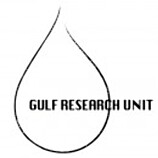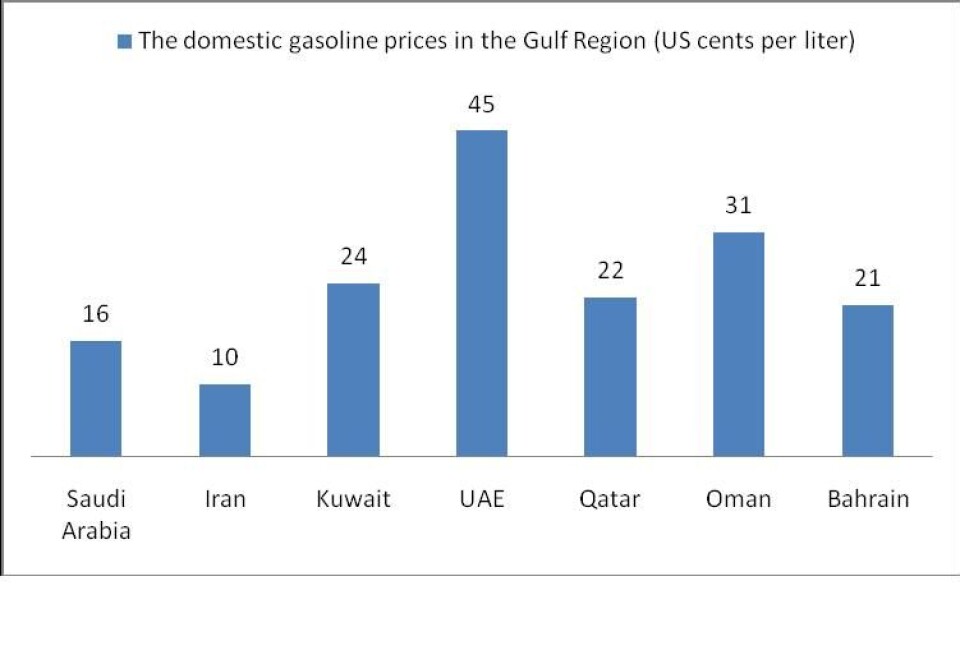
Archive: Gulf Research Blog
Blog articles from 2009 to 2012. The Gulf Research Unit is research programme based at the University of Oslo.
Gasoline – not just any good
Denne artikkelen er over ti år gammel og kan inneholde utdatert informasjon.

By: Ingrid Krüger
The countries in the Gulf Region have some of the lowest gasoline prices in the world.
Yet, when making gasoline price comparisons with other parts of the world, one clearly needs to take into consideration the cost of living in these countries.

Data from November 2008 (GTZ). Data not available for Iraq.
Data from the Penn World Tables show that among the ten most expensive countries in 2006 we find Norway, Iceland, Denmark, Netherlands and the United Kingdom – countries that are also among the top ten countries on the gasoline price ladder the same year, according to data from the German Technical Cooperation GTZ. We might therefore expect that countries with dirt-cheap gasoline will be ranked among the ten least expensive countries. This is not the case.
Among the bottom ten countries on the gasoline price ladder in the year 2006 we find Iran, Saudi Arabia, Qatar, Bahrain, and Kuwait. When it comes to the cost of living comparison, however, these countries are not even ranked among the bottom fifty. Rather, countries that were among the least expensive countries in 2006, such as Guinea, Tajikistan, Ethiopia, Mozambique, and Bangladesh, were pricing gasoline above the gasoline price level in the United States.
There is apparently something particular about gasoline in the Gulf Region. Gasoline is not a random good taken out of a basket of goods, displaying no surprising price discrepancies in relation to the other goods in the basket. Considering that Gulf oil is the cheapest in the world to produce[1] and that gasoline is a refined product of crude oil, it might be difficult for the leaders of the crude oil producing countries in the Gulf Region to explain to the public why they should set domestic gasoline prices at the international market level. As a carpenter in Tehran put it, when an attempt to ration gasoline was introduced and gasoline subsidies were cut in Iran a few years back, ‘there is no reason why we should pay the same price as people outside Iran do, (…) we have all this oil beneath our feet’.[2]
[1] Richards, A., and Waterbury, J. (2008). A Political Economy of the Middle East. Westview Press.
[2] The New York Times (June 28, 2007), http://www.nytimes.com/2007/06/29/world/africa/29iht-29iran-web.6403091....






